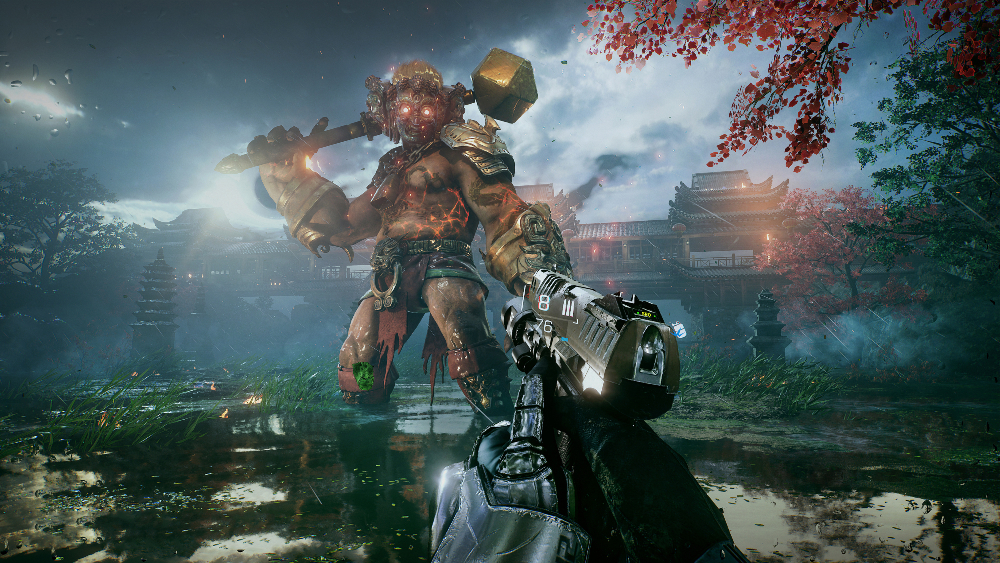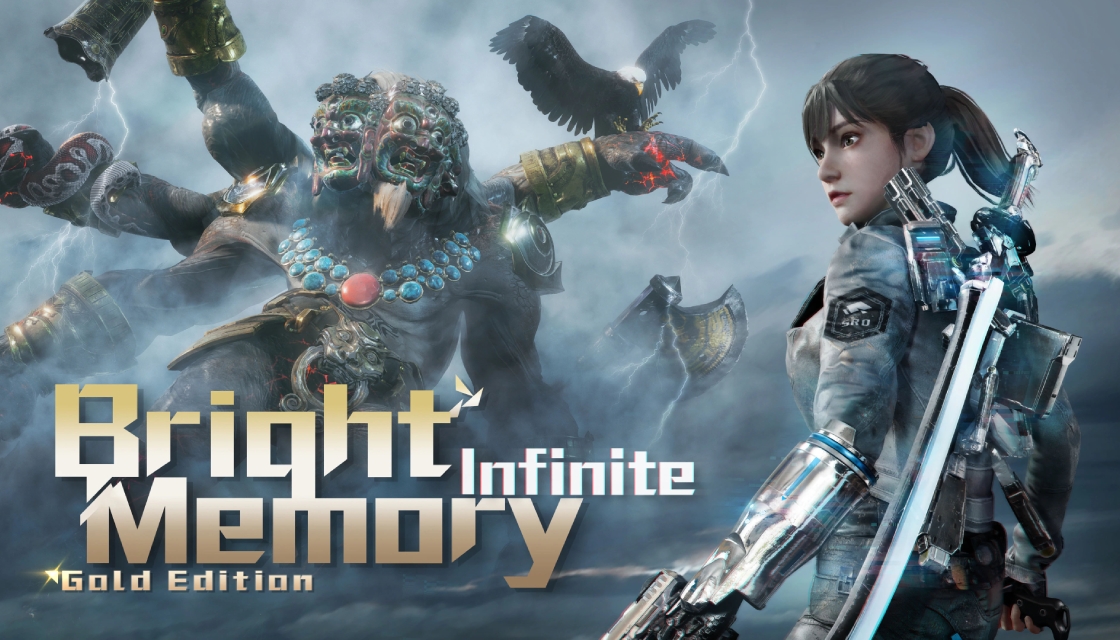Oftentimes, when games tout a one-man development team, it is used as little more than a marketing scheme or to preemptively excuse the title’s shortcomings. In the case of Bright Memory: Infinite, an FPS action title from rookie developer Zeng Xian Cheng and studio FYQD, it comes across as a shocker that will grab any gamers’ attention with the game’s beautiful textures and exciting gameplay.
Players assume the role of Shelia, an agent sent to investigate a phenomenon where there are strange occurrences appearing in the sky. In the process of doing so, she encounters both contemporary enemies armed with a multitude of weapons and monsters inspired by Chinese lore.
The design of the environment is clearly inspired by the developer’s city of residence in Guangxi, China. It is refreshing to see scenery that is often less represented in other games. Furthermore, the game’s environments are a pleasure to look at as players slash and blast the grunts around them. Unfortunately, this is where many of the game’s joys end as far as its presentation. The English track is laughable, often accenting words on odd syllables, while I would recommend players stay away from the Chinese audio track due to the action-oriented nature of the game. Otherwise, Bright Memory often can’t seem to make up its mind about whether it is a first or third-person title, switching between the two for the pure sake of getting certain camera angles and action segments from a third-person perspective that would otherwise create motion sickness in players.
While initially jarring, the game’s hybrid style of a hack-and-slasher and FPS quickly feels intuitive. And, as the title suggests, almost feels like players have an infinite amount of possibilities at their fingertips. This is especially the case given the upgrades in the game that actually give substantially new tools that are both helpful and stylish to players, making the end-game character build feel unrecognizable to the initial Shelia that is introduced. Where these systems fall apart is in the fine-tuning; perhaps due to the minuscule size of and lack of time for the development team, enemy AI is lacking and optimal strategies hardly require players to utilize all the options to them. The trailer would have players believe that they will jump around to avoid gunfire while shooting and slashing their way around ancient Chinese castles. Often, however, the game actually devolved into funneling enemies into corridors and cutting them up as their allies fire at nothing at all.

Quality of life issues is also abundant. To begin with, I was already flabbergasted at the lack of d-pad usability as I browsed the menu, a feeling that was amplified when I realized the game did not even allow me to pause during cut-scenes. Baffling to say the least in 2022. Furthermore, only being able to choose weapons using the d-pad made for a clumsy gun selection process that convinced me to simply use the sword instead. Then there are segments where buying into the game’s command for me to run and escape, I sped past several enemies to find that the game would not play the next story segment until every enemy was taken out. All of this quality of life issues and design oversights serve to take players out of the game and break the immersion that was so hard-earned.
For an initial offering, FYQD’s Bright Memory: Infinite does its best to astound players with its take on meshing together two seemingly incompatible genres and a breathtaking representation of China. However, its shortcomings likely come from the lack of a team to finetune many of Zeng’s design decisions. At first glance, the game’s mechanics and visuals make the $19.99 price tag seem like a steal, but the QOL issues inherent in its design and fleeting campaign length (which I beat in only two hours) make it difficult to sell. Hopefully, this serves as the first of many projects for Zeng as he builds up his portfolio toward a bright game development career.
SCORE: 5.0
Review Copy Courtesy of PLAYISM

